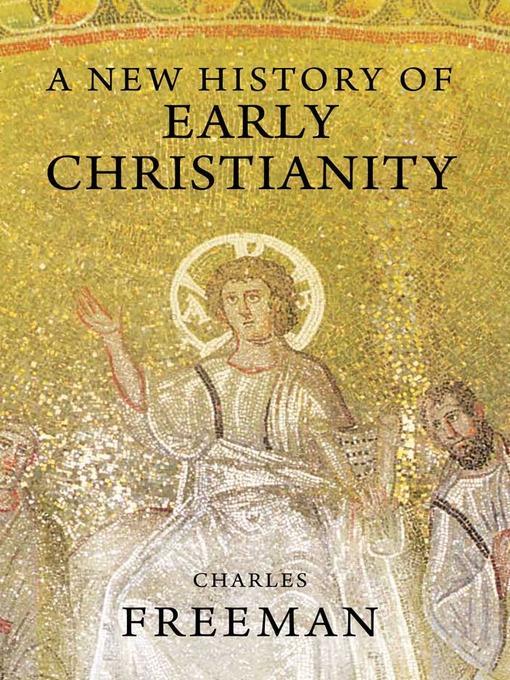
A New History of Early Christianity
کتاب های مرتبط
- اطلاعات
- نقد و بررسی
- دیدگاه کاربران
نقد و بررسی

September 15, 2009
Faith-based narratives of ancient Christianity often tell of a dynamic faith predestined by divine plan to triumph over paganism and heresy (Catholic) only to fall prey to the twin evils of power and superstition (Protestant). Freeman ("The Closing of the Western Mind: The Rise of Faith and the Fall of Reason") rejects the notion of a single original Christian message and the possibility of a coherent theological understanding of Jesus. He describes, instead, the ancient Christian movement's great diversity and how what would come to count as heretical or orthodox was fluid, contested at every step, and profoundly linked to imperial politics. Freeman spins a "decline and fall" narrativehe writes that "imperial Christianity created an ethos in which free discussion was next to impossible" and a dogmatic creedal Christianity was imposed on Western and Byzantine Europe. VERDICT Freeman has a gift for crafting a compelling story out of the messy details of history, painting nuanced portraits of key figures through compelling quotations and precise historical observation. Highly recommended for general readers and students, as well as those who enjoy the "A People's History of Christianity" series from Fortress Press.Steve Young, McHenry Cty. Coll., Crystal Lake, IL
Copyright 2009 Library Journal, LLC Used with permission.

October 1, 2009
A skeptic, Freeman views Christianity as a human phenomenon: nothing divine or miraculous figures in his account of the religions origins. The resurrection of Jesus, on his telling, likely involves a complicated theft of Jesus bodyand perhaps some delusional visions among sleep-deprived disciples. Yet even if readers must look elsewhere for theological insight into miracles foundational to Christian orthodoxy, Freeman can offer acute analyses of the human dynamics of an evolving religious movement that struggled to define that orthodoxy. He surveys a surprisingly diverse range of early Christian communities, differing from one another in doctrine, devotional observances, and attitudes toward pagan philosophy. But in the narrative that he presses most insistently, Freeman recounts how small and politically marginal bands of Christianssubject to savage persecutiontransformed into an imperially powerful church serving Roman emperors (notably, Constantine and Theodosius) and persecuting heretics unwilling to embrace the creeds those emperors helped to hammer out. The devout will dispute Freemans metaphysics, but students of history will learn much about ecclesiastical politics.(Reprinted with permission of Booklist, copyright 2009, American Library Association.)

























دیدگاه کاربران